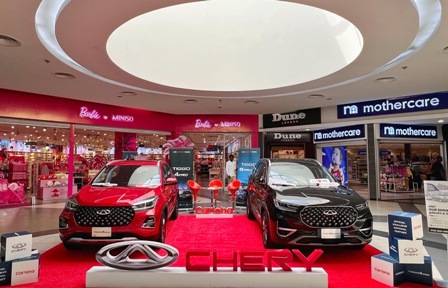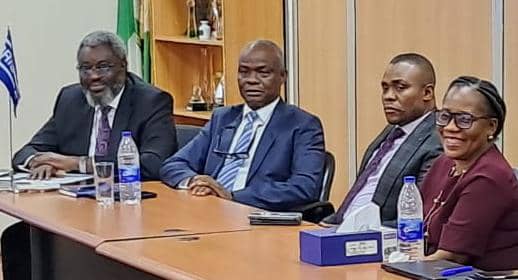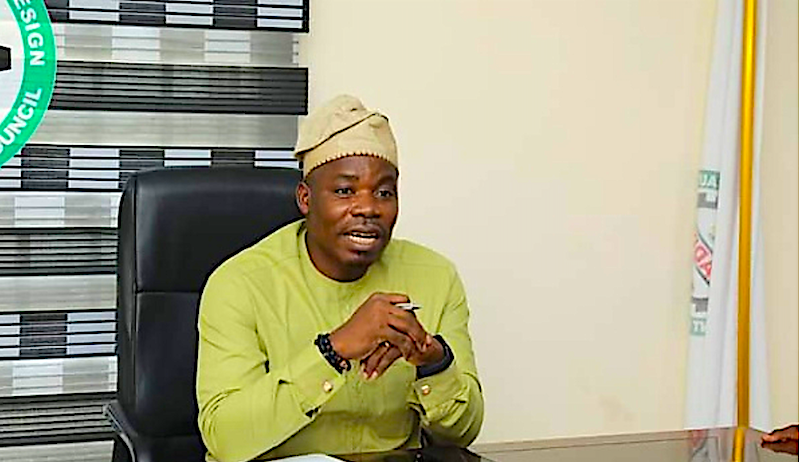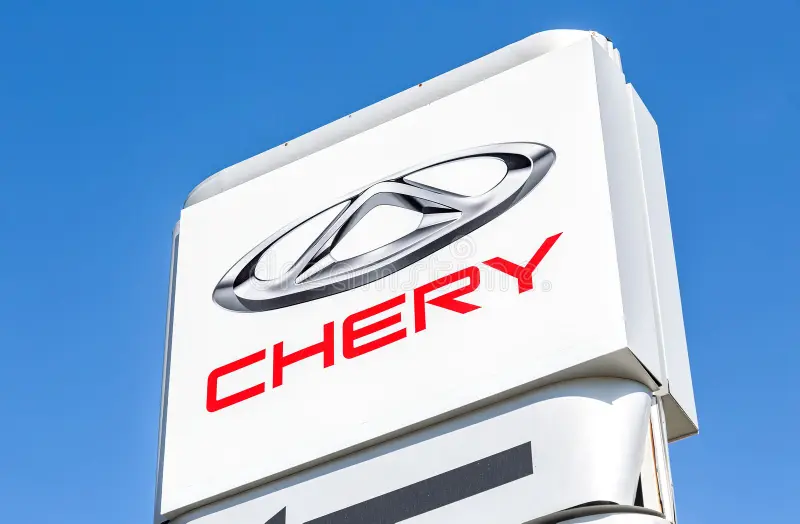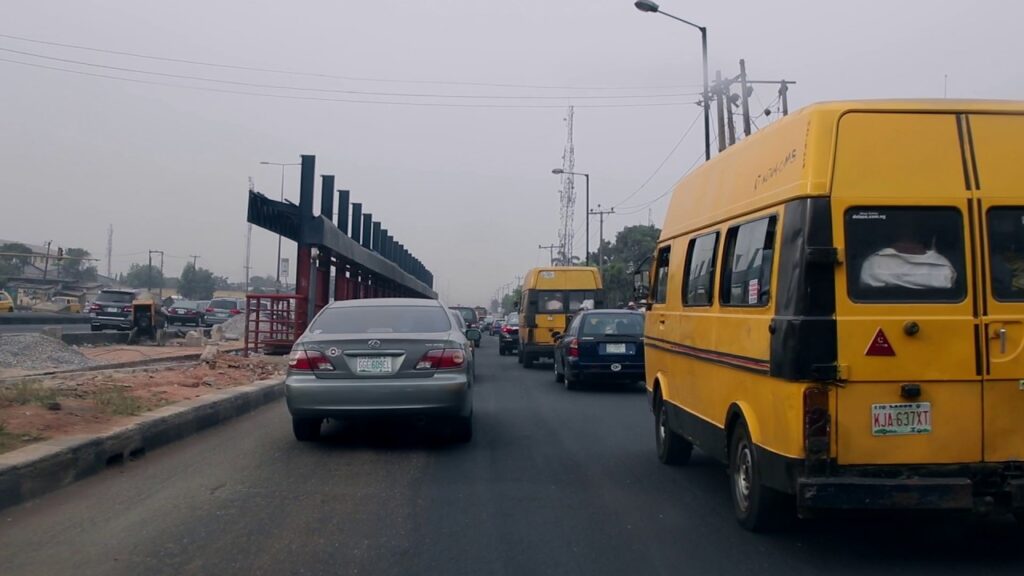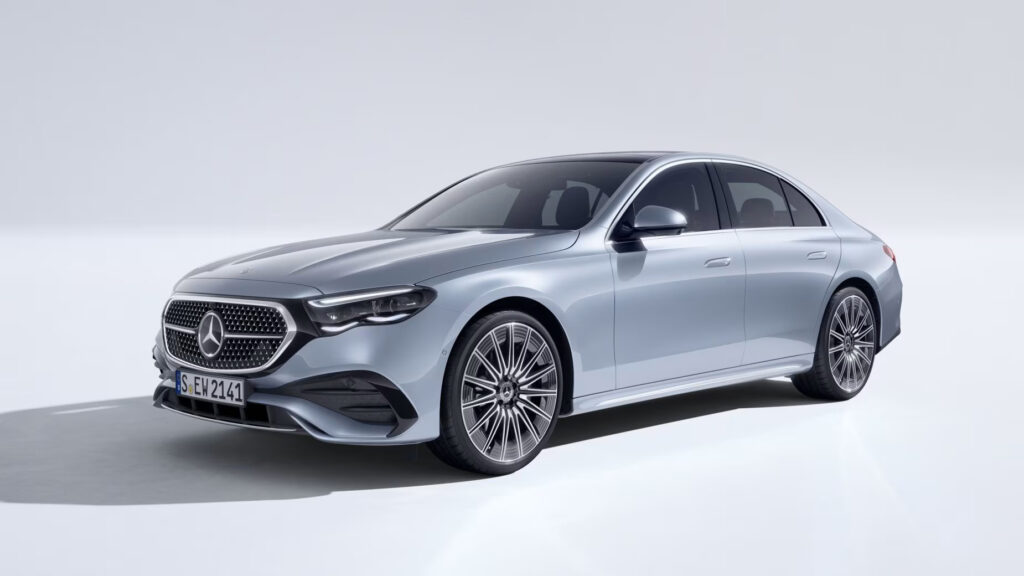 Car financing and car loans have increased among Nigerians since 2015 as the price of cars tripled within 10 years. Instead of outright purchases of cars, Nigerians are subscribing to car financing that seems more attractive and easier.
Car financing and car loans have increased among Nigerians since 2015 as the price of cars tripled within 10 years. Instead of outright purchases of cars, Nigerians are subscribing to car financing that seems more attractive and easier.
Since 2015, Nigeria has been witnessing a steady rise in rates, with the FX crisis impacting all car categories, especially foreign used cars due to their ties to exchange rates. Adding to the challenge, Nigerian Customs Services started using black market rates for clearing, until the recent intervention by the Central Bank of Nigeria. This unpredictability has led dealers to pass on costs to clients, causing a surge in demand and prices for Nigerian used cars.
In the last 10 years, the average exchange rate has almost doubled every four years, and this trend has escalated significantly in the past year.
In 2015, a dollar was exchanged for N197, in 2019, N365 was exchanged for $1, in 2023, Nigeria exchanged N639 for $1, while in 2024, $1 was exchanged for N1600 in the official market.
In 2015, a foreign used 2005 Toyota Corolla cost around N1.9 million. Fast forward to 2024, it’s about N6.5 million, representing a substantial increase. Similarly, its Nigerian counterpart was priced at N1.2 million back in 2015 but now ranges between N3 million to N3.5 million.
Just before the crisis in 2023, the brand of vehicle was N4.5 million for foreign use and N2.5 million for Nigerian use.
While the concept of car loans or flexible payment options remains on the high side, Nigerians have opted for the solution.
For instance, The Guardian inquired from Jiji on how much a person must earn as a salary to get a flexible payment option, the company said at least, a person must earn N250,000 monthly to qualify.
“On the cap of N250,000 salary band, based on the monthly equity contribution, we set that band as a minimum so the borrower can conveniently make remittance and service the loan while still having enough for other living expenses.” the company said.
The concept of financing has become more acceptable among Nigerians. People are now more willing to consider vehicle loans as a viable option for buying cars, due to the financial burden it takes off them.
However, with the recent Monetary Policy Committee (MPC) meeting of the Central Bank increasing the Monetary Policy Rate (MPR), there are rising concerns about how this will impact loan interest rates, including car loans. Notwithstanding, consumers remain hopeful for favourable outcomes amidst these changes.
With higher rates, the option for Nigerian-used vehicles has experienced a surge in demand, becoming the biggest beneficiary of the foreign exchange crisis. Recent reports show that the Nigerian used car market is now valued at over $1.4 billion and is estimated to experience significant growth by YE 2024. The most sought-after models in this category are Japanese brands like Toyota and Honda.
Overall, while the demand for new vehicles, particularly Chinese brands, remains notable among certain segments, the shift in demand towards Nigerian used cars emphasises the impact of the FX crisis on consumer preferences within the Nigerian automotive market
When asked about other factors responsible for the price inflation of vehicles, the Head of Technical Services, Cars45, Ojurongbe Damilola listed Government policies, changes in import tariffs, taxation, and regulations, such as the proposed automation of the clearing process at ports in 2023, directly impact vehicle prices.
He also said that the May 2023 removal of subsidies, notably on petrol, influenced the demand for specific vehicle types. For instance, increased petrol costs may boost demand for hybrid cars due to their better fuel efficiency.
“Seasonal events like holidays affect vehicle prices. For instance, during festive periods like Christmas, scarcity of vehicles in the market due to people holding onto their cars to attend family events, parties, and easy mobility, can lead to price increases.
These factors, among others, shape the intricate dynamics influencing vehicle pricing in the Nigerian car market.
When asked about how it has affected vehicle financing, he said the shifts in vehicle pricing due to the FX crisis and market dynamics have significant implications for vehicle financing, he said there has been a noticeable shift in attitudes toward vehicle financing among Nigerians and there is now a growing acceptance of financing options for purchasing vehicles.
“With the rising costs of foreign used cars, financiers are adapting their preferences. More financing companies are considering financing good quality Nigerian used cars as viable alternatives. Companies like Cars45 play a crucial role in inspecting and identifying these quality used vehicles to mitigate loan defaults.
Ultimately, these changes reflect a dynamic adaptation within the vehicle financing sector to accommodate shifting market conditions and users’ preferences.
Speaking on how his company has seen an uptake in Nigerians’ demand for financing, he said: “We have seen a significant increase in the demand for car financing among Nigerians. This surge indicates a growing preference for flexible payment options to facilitate vehicle purchases. At Cars45, we have expanded our financing solutions through strategic partnerships with financial institutions. This way, we’re able to provide accessible and competitive options for our customers. Our goal is to ensure that every Nigerian can own their dream car without financial constraints.
“There’s been an increase in the financing of cars compared to previous times. Ideally, the increase in car prices without a corresponding increase in income should suggest otherwise as certain income brackets qualify individuals for car loans. But, other factors are at play here:
“The market now offers a wide range of vehicles, including foreign used, Nigerian used, and more affordable brands. This variety now allows individuals to select vehicles that meet both their preferences and financial realities.
“With more financing companies entering the market, customers can now make their choices from a broader range of car loan providers. This increased competition among financiers has made financing more accessible to a larger population segment.


